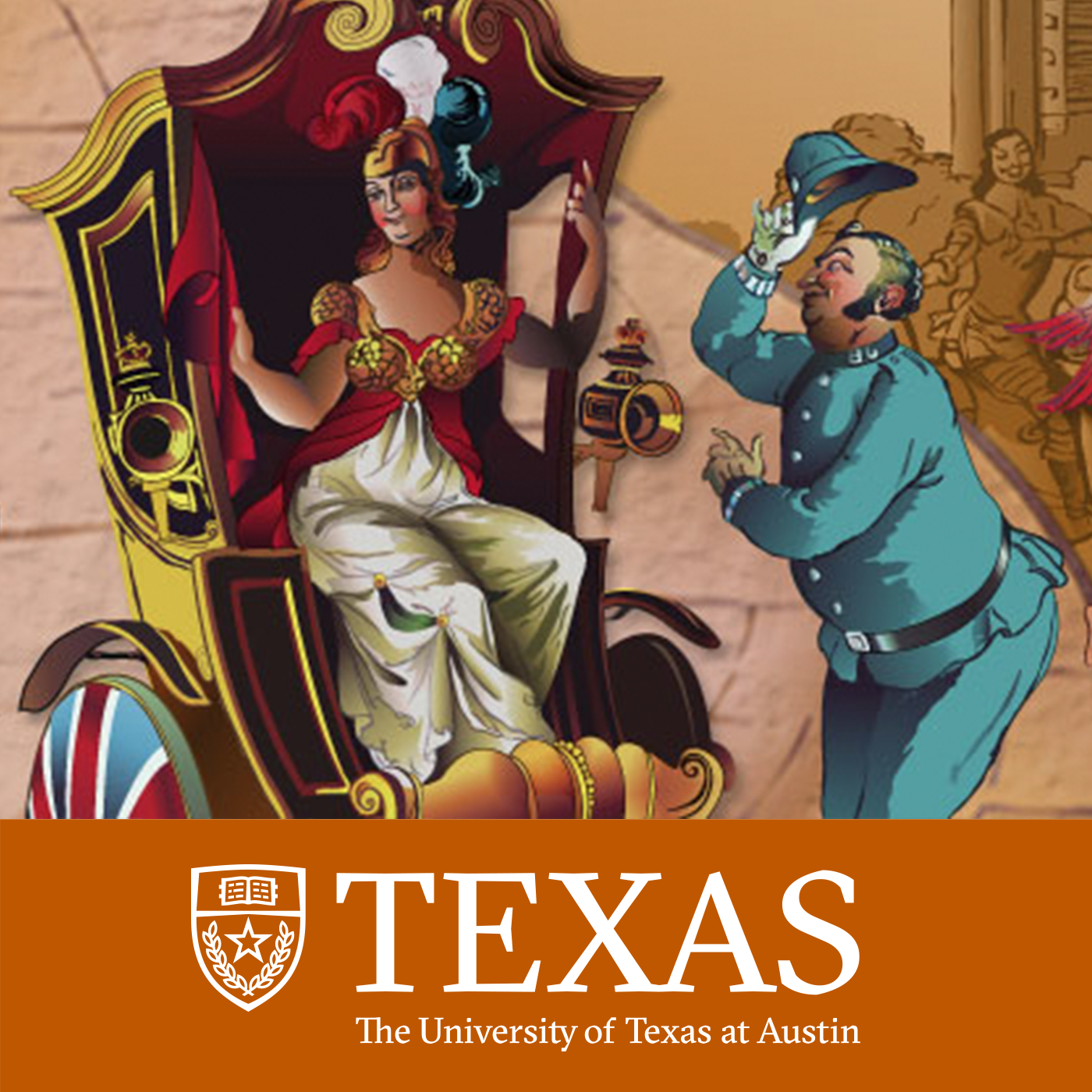Seamus Heaney & the London Origins of the Belfast Group
Description
Speaker – Stephen Enniss, HARRY RANSOM CENTER
In the early 1960s a talented group of Northern Irish poets emerged in Belfast, including the future Nobel Laureate Seamus Heaney. In the decades since, a popular myth has taken root about the Northern Irish Renaissance with some commentators linking the emergence of a new generation of poets to the outbreak of violence in the North. In fact, the Troubles would not erupt for several more years, and the sudden appearance of this new generation had more to do with the individual talents of this group of poets and an extended network of publishers, editors, and academics, many of them London-based. Stephen Enniss will provide a corrective reading of this chapter of literary history and explore the London origins of the Belfast Group. Dr. Stephen Enniss is Director of the Harry Ransom Center. His research interests are in 20th century poetry, and he has written on Ted Hughes, Sylvia Plath, and Seamus Heaney, among other figures. He is a past recipient of a Leverhulme Fellowship from the University of London, and he is the author of After the Titanic: A Life of Derek Mahon (Gill & Macmillan, 2014). Major acquisitions during his tenure have included the archives of Ian McEwan, Michael Ondaatje, Arthur Miller, and Nobel Laureates Kazuo Ishiguro and Gabriel García Márquez. Before coming to the Ransom Center, he held previous appointments at the Folger Shakespeare Library and at Emory University’s Manuscript, Archives and Rare Book Library.
More Episodes
Paula Marantz Cohen DREXEL UNIVERSITY
How can decline in enrollments in the humanities be explained? Nationwide in recent years estimates of the drop in liberal arts majors range from one-fourth to one-third of those in English, history, government, philosophy and other traditional subjects....
Published 03/10/20
Published 03/10/20
Aaron Pratt HARRY RANSOM CENTER
Before the publication of Shakespeare’s First Folio in 1623 and the efforts of subsequent editors and critics, England’s printed playbooks were considered “riff raff,” connected more with the world of London’s popular theaters than with what we might think of as...
Published 03/02/20


